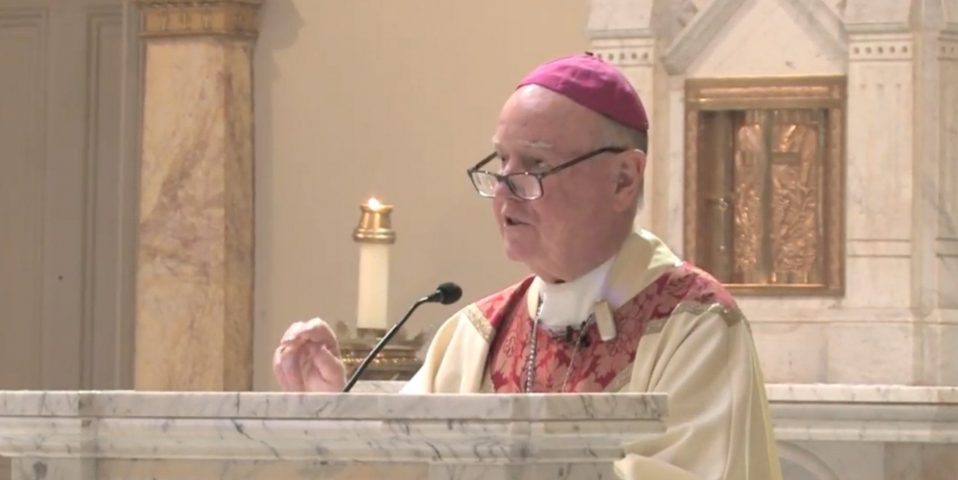But questions remain about Jack Anderson’s work as a “defender of the bond.”
By George Neumayr, American Spectator , September 20, 2019
 On Monday night, I received a voicemail from Jack Anderson informing me that he had “resigned as defender of the bond in the diocese of Wilmington, effective immediately.” He added that he “wants nothing more to do with the Roman Catholic Church.” On Tuesday, I spoke with Anderson, asking him if he had been laicized after he left the priesthood in the diocese of Scranton. “That’s none of your business,” he said. But later in the conversation he indirectly revealed that he remains unlaicized, saying that at his advanced age he had no desire to “pursue laicization.”
On Monday night, I received a voicemail from Jack Anderson informing me that he had “resigned as defender of the bond in the diocese of Wilmington, effective immediately.” He added that he “wants nothing more to do with the Roman Catholic Church.” On Tuesday, I spoke with Anderson, asking him if he had been laicized after he left the priesthood in the diocese of Scranton. “That’s none of your business,” he said. But later in the conversation he indirectly revealed that he remains unlaicized, saying that at his advanced age he had no desire to “pursue laicization.”
To repeat what I wrote last Sunday, Anderson sat on a Catholic tribunal for over 20 years despite leaving the priesthood, entering a “gay marriage,” rejecting Catholicism in favor of Episcopalianism, and publicly opposing the Church’s teaching on marriage. I called up Robert Krebs, the spokesman for Wilmington Bishop Francis Malooly, to explain Anderson’s long presence on the tribunal. Krebs implausibly asserted that Malooly only learned of the scandalous “aspects” of Anderson’s life from my article on Sunday and the ensuing coverage. Asked if Malooly would have fired Anderson had he not tendered his resignation, Krebs said that he “refused to speculate.”
Eric Deabill, the spokesman for Bishop Joseph Bambera, didn’t return my calls. I wanted to ask why Bambera has not sought Anderson’s laicization. After all, Anderson, in his unlaicized state, remains not only a priest under Bambera’s authority but also a legal liability to the Church. Even the lax Pope Francis has said that men who leave the priesthood must be laicized, lest their misbehavior pose a liability to the Church. Why would Bambera, who normally does insist that ex-priests be laicized, take a risk in Anderson’s case? Don’t the unusually scandalous circumstances of Anderson’s status cry out for laicization? ….







